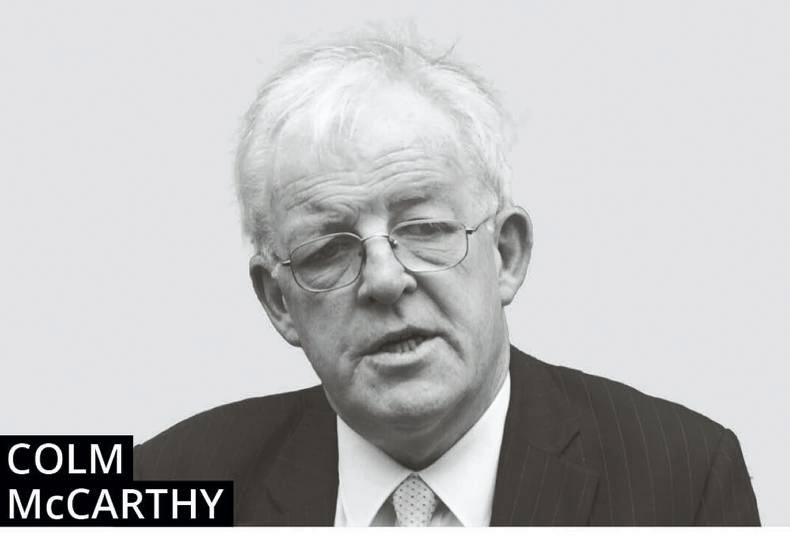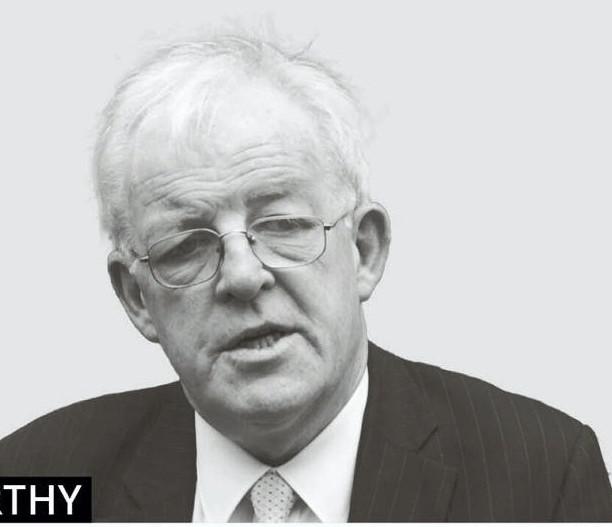The probability that Britain might exit the European Union has risen to about 40% according to the bookmakers’ odds. A year ago, the same probability was below 20%.
The referendum will most likely take place later this year, possibly as early as the summer, and David Cameron is hoping to secure the agreement of his European counterparts on his reform shopping list at the EU summit on 18 and 19 February.
Political commentators expect Cameron to deem his requirements to be met and he will then campaign in favour of continued British membership. As many as half of the Conservative party’s MPs are likely to take the opposite view and a minority of Labour members are also lukewarm about Europe.
Britain held a referendum on EU membership in 1975 under a Labour government and 67% voted in favour. A couple of years ago it looked as if the margin could be almost as decisive this time round but the picture has changed.
Recent opinion polls are showing the stay/leave percentages running neck-and-neck, hence the shorter bookies’ odds on Brexit.
The steady drift in opinion towards the leave camp partly reflects concerns about the refugee crisis and the perception that the EU response has not been coherent. About one million people have entered the European Union, mainly through Greece and Italy, during 2015, without formal immigrant status.
Large numbers of them, on some estimates at least half, are fleeing wars and societal breakdown in Iraq, Syria, Eritrea and elsewhere. They may well be legally entitled to asylum under the UN convention. Others are economic migrants not so entitled. Very few wish to stay in Greece or Italy, where job prospects are poor and are seeking to travel onwards, with Germany the most popular destination.
The source of the discord in continental Europe is the Schengen agreement, which abolished passport checks at internal frontiers between signatory countries. Britain and Ireland are not signatories – we had our own free travel zone in these islands prior to joining and it has been retained. But Schengen is a big deal in continental Europe and is seen as a practical everyday benefit of European integration.
For all practical purposes it has already broken down. Several countries have re-imposed border controls and fences have been erected to keep migrants penned into whatever neighbouring EU country they have reached. Greece is in no position to settle them in such huge numbers but the latest wheeze from the European Commission is to help finance barriers immediately to its north to prevent their passage through Macedonia, a non-EU country.
Austria, Croatia, Slovenia and Hungary have already abandoned any pretence of compliance with Schengen. The failure to develop a united approach to this humanitarian disaster at EU level is feeding Euroscepticism, and not just in Britain. Opinion polls throughout Europe are showing a loss of confidence in EU institutions.
Currency
A further ingredient is Britain’s satisfaction at the retention of its own currency. The British opted out of the euro and there is a strong feeling that the country managed to dodge a falling knife. The divisions which opened up through the mismanagement of the eurozone banking and sovereign debt crises have reinforced this perception. Britain’s semi-detached status in Europe is beginning to feel like the smart place to be and this will be exploited by the leave campaigners in the referendum.
At a deeper level, the prestige of the European project has been a major casualty of the euro mess. Back in 1975 when the last referendum was carried so comfortably, European integration looked like the future and its opponents like little Englanders, a Dad’s Army of xenophobes.Of course there is no need to vote leave in order to avoid the euro, since Britain cannot be forced to give up sterling, and the fears about immigration are exaggerated: the refugees are coming from outside the EU after all. In 1975, the UK economy was felt to be lagging behind a more dynamic Europe, a harder case to make today.
Opinion can fluctuate dramatically during referendum campaigns as we have often seen in Ireland and unforeseen events can shape the outcome. The refugee issue is not going away and the numbers seeking to enter Europe could even escalate.
Moreover the eurozone crisis has not been decisively resolved and could flare up again at any stage. If the referendum is held at an inopportune point from David Cameron’s standpoint, coinciding with renewed financial problems in the eurozone or a new row about migration, the European Union could see its first departure. Ireland joined the EEC (as it then was) only when Britain entered in 1973. Membership without Britain would present a host of challenges across the board. It is no longer an unlikely outcome.









SHARING OPTIONS